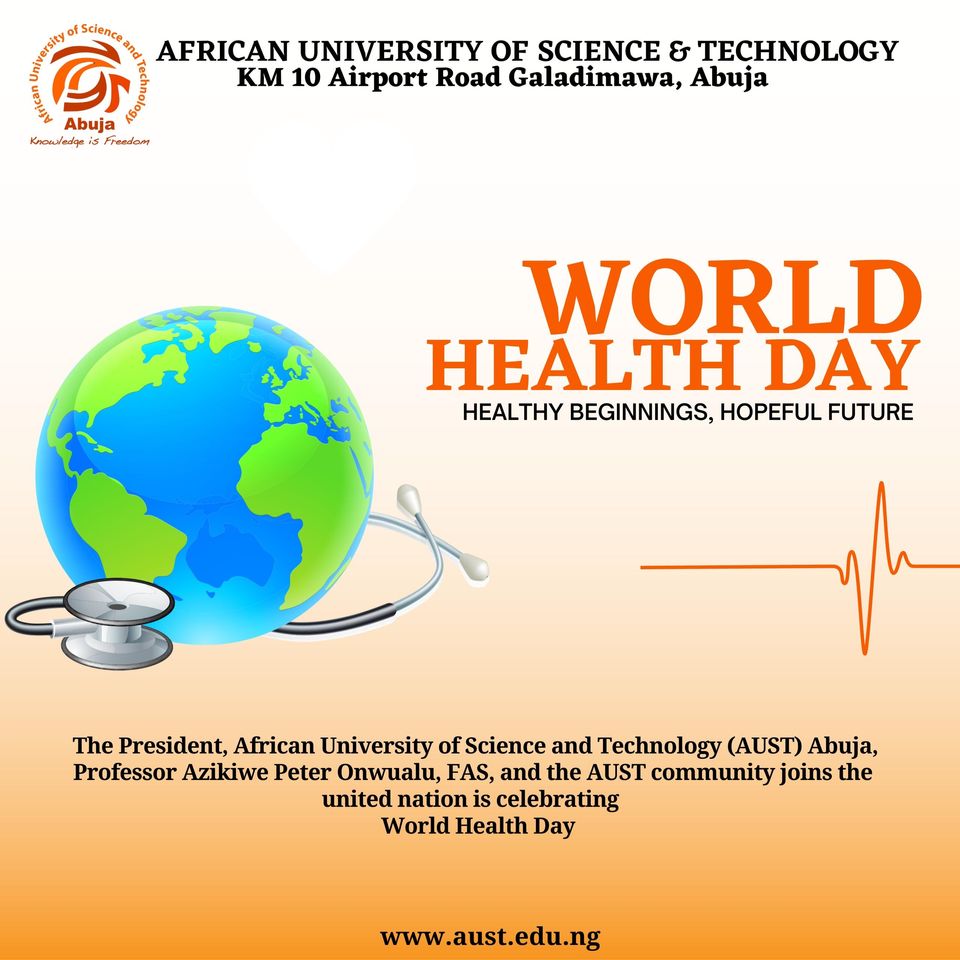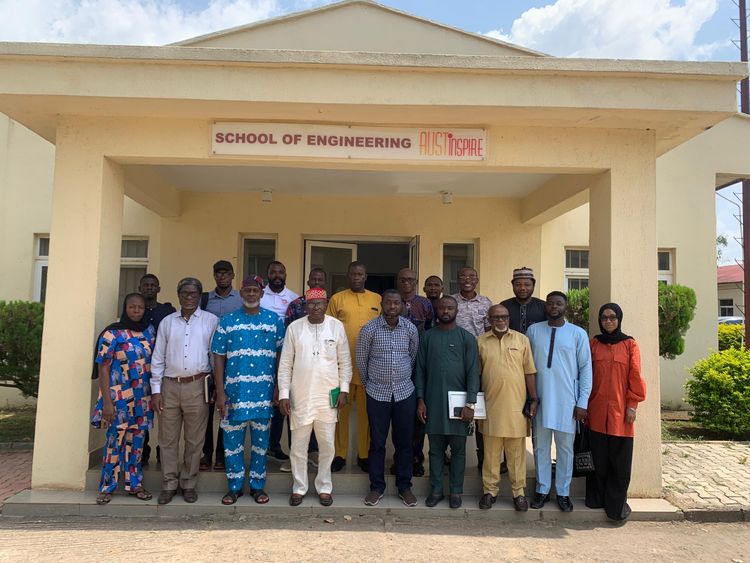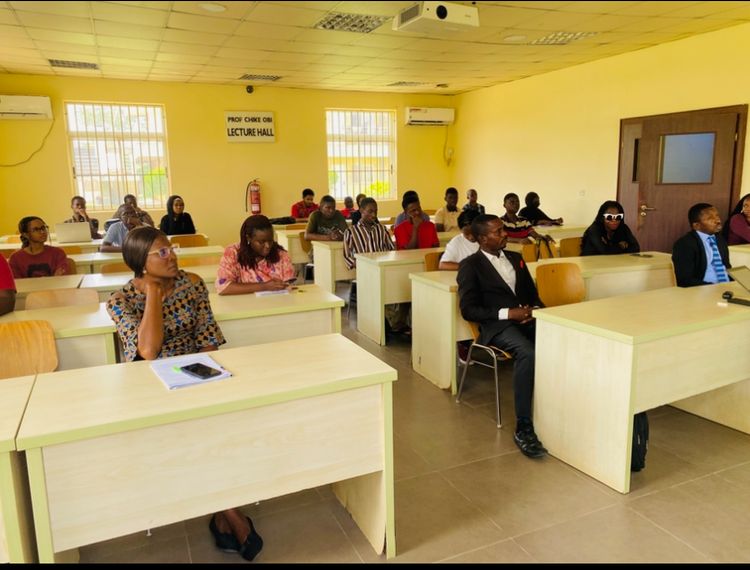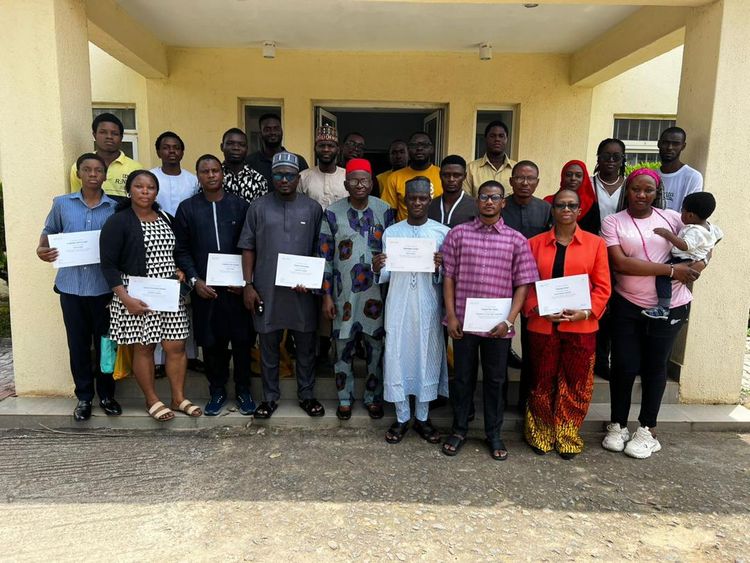World Health Day: Experts Call for Stronger Health Systems and Nutrition Equity

Abuja, April 7 — As the world marks World Health Day, healthcare professionals and academics are calling for stronger health systems, equitable access to healthcare, and the prioritization of nutrition as a fundamental human right.
The President of the African University of Science and Technology (AUST), Prof. Peter Azikiwe Onwualu, urged government institutions, corporate organizations, and civil society groups to intensify awareness efforts around World Health Day.
“Health is the bedrock of any sustainable society. On this World Health Day, we are reminded that access to healthcare, clean water, nutritious food, and a safe environment should not be a luxury, but a universal right. The theme ‘My Health, My Right’ echoes a truth we must all uphold—every individual, regardless of background or location, deserves to live a healthy, dignified life,” Prof. Onwualu said.
He also emphasized the vital role of educational institutions like AUST in advancing public health through research, policy advocacy, and community engagement.
Contributing to the discourse, Dr. Lemchi Wala, a medical doctor at the University Clinic Center, reflected on the broader implications of this year’s theme in an interview with the university’s media department.
“World Health Day is an essential reminder of our collective responsibility to prioritize health—not just at the individual level, but globally. Each year, the theme shines a spotlight on pressing health concerns, giving us the opportunity to engage policymakers, communities, and the public in meaningful dialogue and action,” she stated.
Dr. Wala highlighted the persistent global challenges, including the burden of non-communicable diseases, mental health crises, health disparities, and the impact of climate change on public health—all requiring urgent attention and comprehensive policy responses.
In a phone interview from Lamingo Medical Center, Jos, Plateau State, Dr. Ifeanyi Okafor, a nutritionist, emphasized the central role of nutrition in achieving better health outcomes.
“World Health Day serves as a powerful reminder of the critical role nutrition plays in overall health and well-being. This day isn’t just about recognizing global health challenges—it’s about taking action, both individually and collectively, through informed choices and sustainable practices,” Dr. Okafor explained.
He further stressed the growing challenges in the global health landscape—from undernutrition and rising obesity rates to food insecurity exacerbated by conflict and climate change.
“Proper nutrition should not be a privilege, but a right,” he emphasized. “By empowering communities with knowledge and ensuring food systems are inclusive and sustainable, we can reduce the disease burden and foster a healthier society.”
World Health Day, observed annually on April 7, commemorates the founding of the World Health Organization (WHO) and serves as a global platform to raise awareness about key health issues and advocate for health equity.
This year’s theme, “My Health, My Right,” reinforces the call for universal access to quality health services and underscores the need to safeguard the health rights of individuals across the world—an urgent mission championed by healthcare professionals and institutions alike.





